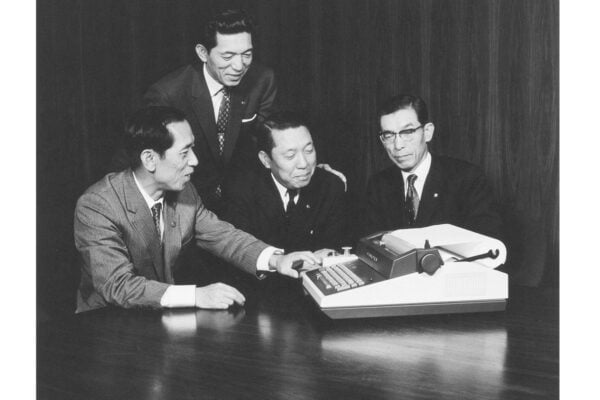Mathematicians who changed the world series: Johann Gauss

Johann Gauss, a German mathematician, is often referred to as one of the most prolific mathematicians in history.
It’s often joked that Gauss was so committed to his Mathematics that even when his wife was on her deathbed, he was so determined to complete his Maths problem, he responded to the calls with “tell her to hold on a minute”.
How did Gauss contribute to the Maths we know today?
Gauss made huge progressions in the fields of number theory, geometry and algebra. His talents didn’t stop at Maths; Gauss also made many movements in science and astronomy. However, these significant steps forward weren’t always made at his time of living. He kept some of his best ideas to himself, guarding and developing them until they were perfect.
Some theorists have suggested that if he had published all his ideas upon discovery, he would have advanced maths by 50 years!
Some background to Gauss and his childhood
As a child, Gauss was high maintenance, as you might expect from someone with such a fast-paced mind. He was precocious and often irritating, which made it difficult for teachers at school to manage him. A brain like his isn’t discovered often, so Gauss was a complete maverick to the schooling system. Meaning, he rocked the boat on multiple occasions.
One famous story tells of the time Gauss’s teacher told him to go away and add up the numbers from 1 to 100 as discipline for his behaviour. Little did the teacher know; this wasn’t much of a punishment for Gauss’s advanced mind.
To his teacher’s amazement, Gauss responded in seconds with the correct answer. He had spotted that you could put the numbers 1 to 100 into 50 pairs, each pair summing to 101 (100+1, 99+2, 98+3 etc.). Then he multiplied 50 by 101 to get 5050. This was just one of many first signs that Gauss was destined for something bigger. The standard schooling system was not going to work in his favour or the teachers.
Gauss’s discovery of the dwarf planet, Ceres
In his adult life, Gauss wanted to collaborate with academics in fields other than Maths. With a constant need to know more. He had a particular interest in space exploration, and in 1801 he helped Giuseppe Piazzi in the discovery of the dwarf planet Ceres.
Piazzi had spent years tracking Ceres (which is only 945km in diameter and lies in the asteroid belt between the orbits of Jupiter and Neptune) until its orbit fell behind the Sun. However, when it came out from the other side Piazzi to his disappointment could not find it in his telescope.
Gauss went on to spend three months using his mathematical skills to predict the exact angle Piazzi should point his telescope in the night sky to find Ceres again and thus prove it was orbiting the Sun.
Of course, Gauss was successful. The asteroid 1001 Gaussia, is now named after Gauss, but that’s just the tip of the iceberg! Hundreds of buildings across the world are named after Gauss, and his legacy lives on. He’s appeared on German banknotes, stamps and many other memorials.
Johann Gauss, isn’t the only Mathematician to have made changes to the world we know today, want to learn more?
{{cta(‘5034adf5-63e3-4c68-8a10-e970cf548f61′,’justifycenter’)}}



